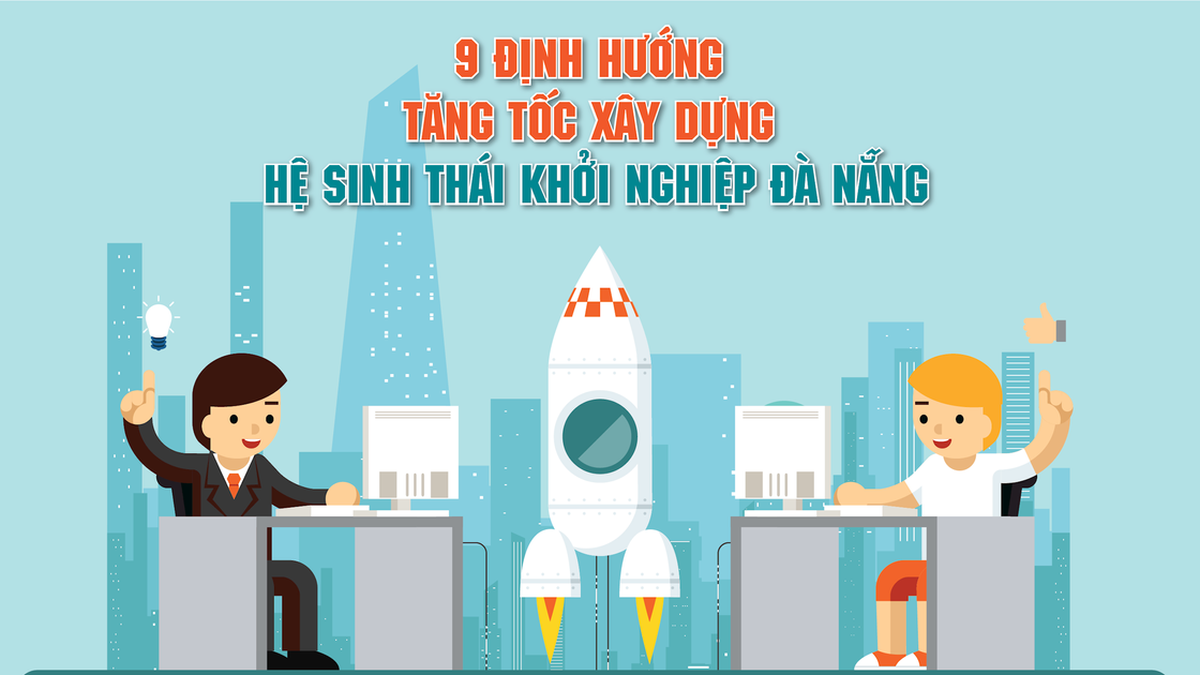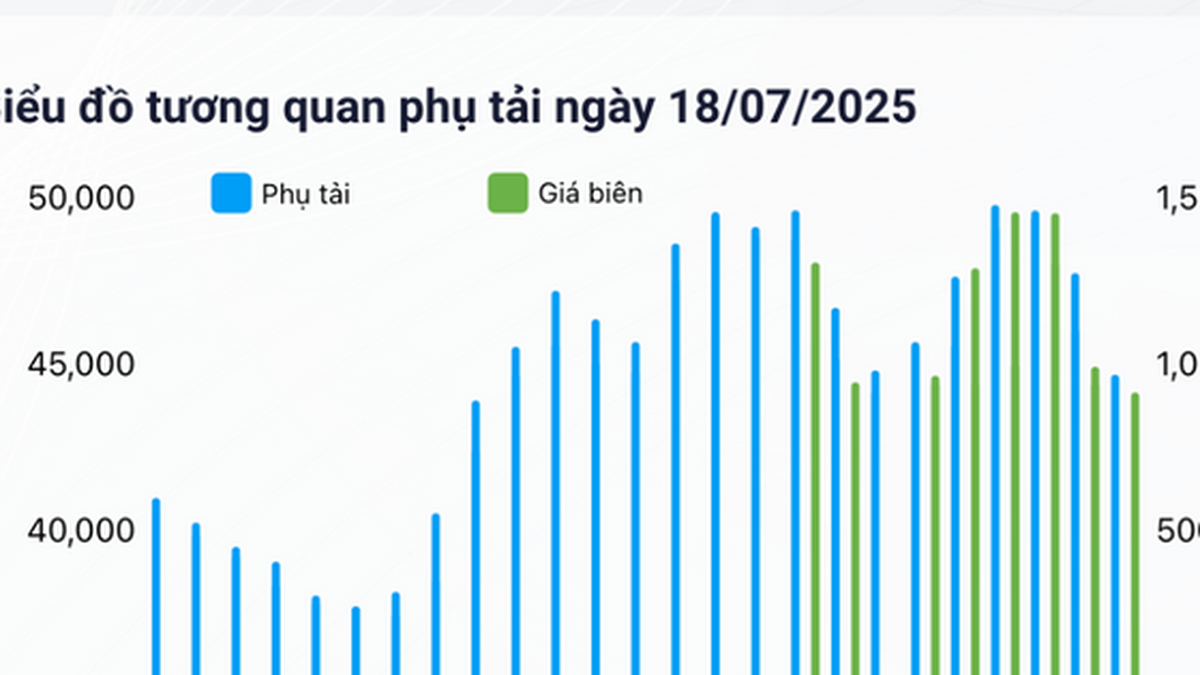First impressions are powerful and your answer sets the tone for everything that follows. So what should and shouldn't you say when introducing yourself?
It is advisable to start with a brief summary, focusing on the highlights of your CV.
Instead of listing your past at length, choosing outstanding achievements, skills and experiences that are relevant to the position you are applying for will help you easily demonstrate the core value you bring to the company.
According to HR experts at the recruitment site CareerLink.vn , this not only shows that you are an effective communicator but also helps employers quickly understand your suitability for the job they are looking for. A brief introduction also helps you maintain confidence, avoid going off topic and dominate the conversation from the beginning.
For example: “My name is Nguyen Van A and I have 3 years of experience in marketing, especially in digital content and social media management. In my recent role, I was in charge of building a content strategy for the fanpage and helped increase engagement by 40% in 6 months. I am proactive, love to learn and always try to create clear value through each project I participate in. With this position, I hope to be able to apply that experience well to contribute to the company's communication effectiveness.”
Don't reread your entire CV.
Rewriting your entire CV is unnecessary and can be a waste of time. The employer already has your CV, so instead of just rereading what is already there, you should select the strengths and outstanding experiences to highlight your suitability for the job.
Repeating too much information can make you appear unconfident or unprepared. Instead, focus on linking your skills and accomplishments to the company's requirements, so that the employer can easily see the value you can bring from the very first minute.
Here's an example of what you should avoid: “I graduated in 2020, then worked at ABC for a year, then worked at XYZ for two years, then I moved to,…”
Highlight one or two achievements you are proud of.
Don’t just list your work. To make a good impression, you should mention 2-3 notable achievements that you have achieved. Sharing this shows that you are capable of achieving real results and making a clear contribution, making it easier for the employer to visualize the value you will bring to the company. Furthermore, highlighting important achievements will help you avoid rambling, keep the conversation concise and focus on the strengths you want to emphasize.
You might say something like this: “In my previous job, I led a small team to improve email marketing campaigns, increasing open rates by 30% in three months. Working on multiple campaigns like this, I realized that I really enjoy creative, data-driven work.”
Don't share too much about your personal life.
Sharing too much about your personal life during an interview can make you lose focus and dilute the message you’re trying to convey. Employers are primarily interested in whether you’ll fit in with the job and company culture, not whether you have cats or like to go backpacking every weekend.
Of course, it’s good to be friendly and approachable, but if you focus too much on your personal life, the interviewer may feel that you don’t really understand the purpose of the interview. It’s best to keep your personal sharing to a minimum and only include it if it’s relevant to the job or helps highlight your strengths.
Show personality and professionalism
Showing a little personality (as long as it fits the company's style) can make you more memorable, while professionalism shows that you are serious and know how to communicate appropriately in the work environment. This combination shows that you are not only competent but also able to integrate and work effectively in a team.
Employers are not only looking for people with the right skills, but also for their work style and attitude. Therefore, statements like “I enjoy working in a fast-paced environment and am good at solving problems. Even outside of work, I don’t leave a difficult puzzle unsolved” will quickly attract the employer’s attention.
Be humble but don't put yourself down
Many people try to appear humble by downplaying their experience, but in an interview, statements like “I don’t really have much experience, but I’ll try my best” or “I’m not sure if I’m a good fit, but I want to give it a try,” only make you seem insecure.
Humility is always a plus because it shows that you are a good listener and willing to learn. However, being too humble to the point of underestimating yourself can make the employer doubt your true abilities. Instead, present your achievements clearly and objectively, showing that you know what you can do but still maintain an open-minded attitude. This is smart humility and is highly appreciated in a professional environment.
Summarize why you are here.
Along with talking about yourself, you should end your introduction by talking about why you are interested in the job and the company. This shows that you have done your research and are genuinely interested in contributing, rather than just coming to the interview “to test the waters.”
A simple sentence like “I am very impressed with the company's development direction and think this is a suitable environment for me to apply my experience in A, B, C” will make your introduction much clearer and more convincing.
Finally, introduce yourself in no more than 90 seconds because that is enough time for you to convey important information while still keeping the listener's attention. If you speak too long, you can easily fall into a state of rambling, repeating yourself or making the recruiter lose interest because you have not seen the highlight.
A short, concise introduction shows that you know how to select information, communicate effectively and respect the other person's time. More importantly, it sets a good foundation for the next conversation to get to the heart of the matter in a more coherent and professional manner./.
AT
Source: https://baolongan.vn/nhung-dieu-nen-va-khong-nen-khi-gioi-thieu-ban-than-trong-buoi-phong-van-a194816.html





































































































Comment (0)